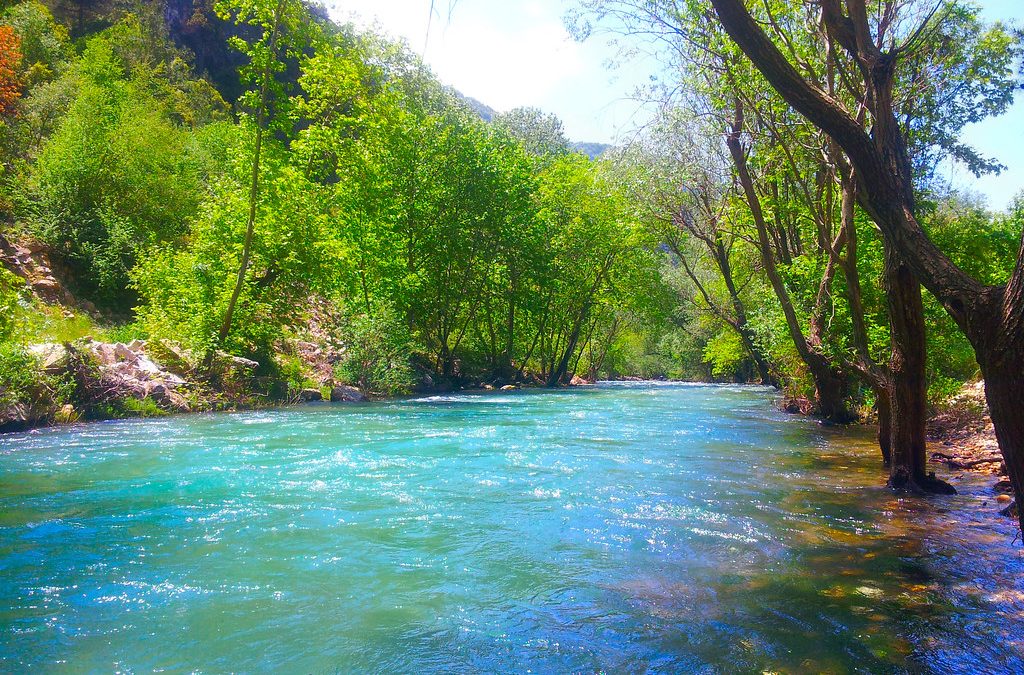When we think of Lebanon, water scarcity and pollution might come to mind. However, Lebanon is actually rich in water resources, with an abundance of rivers, lakes, and groundwater. Despite this potential, mismanagement, pollution, and over-extraction have resulted in a water crisis in the country. But with the right policies and investments, Lebanon can tap into its water resources and ensure access to safe and sustainable water for all.
The Richness of Lebanon’s Water Resources
Lebanon has an average annual rainfall of around 800 mm, which is higher than the regional average. This rainfall supports an extensive network of rivers, including the Litani, Orontes, and Nahr Ibrahim, and several lakes, such as Lake Qaraoun and Lake Yammouneh. Lebanon also has significant groundwater resources, with an estimated 1.5 billion cubic meters of renewable groundwater.
The Potential of Lebanon’s Water Resources
Lebanon’s water resources have the potential to support various economic sectors, including agriculture, tourism, and industry. For example, the fertile Bekaa Valley is a major agricultural area that relies heavily on water resources. Tourism is also a significant sector in Lebanon, and water resources play a crucial role in supporting this industry. The waterfalls, rivers, and lakes in Lebanon attract many tourists every year.
Tapping into Lebanon’s Water Resources
To tap into its water resources, Lebanon needs to adopt a comprehensive and sustainable water management approach. This approach should prioritize water conservation, pollution prevention, and efficient use of water resources. It should also involve stakeholders from various sectors, including government, civil society, and the private sector.
Investing in water infrastructure, such as water treatment plants, irrigation systems, and dams, can help Lebanon better manage its water resources. Additionally, investing in new technologies, such as water recycling and desalination, can help increase water availability and reduce dependence on groundwater.
Conclusion
Lebanon is rich in water resources, but the mismanagement and pollution of these resources have led to a water crisis in the country. With the right policies and investments, Lebanon can tap into its water potential and ensure access to safe and sustainable water for all. By adopting a comprehensive and sustainable water management approach and investing in water infrastructure and new technologies, Lebanon can transform its water sector and support its economic development.

